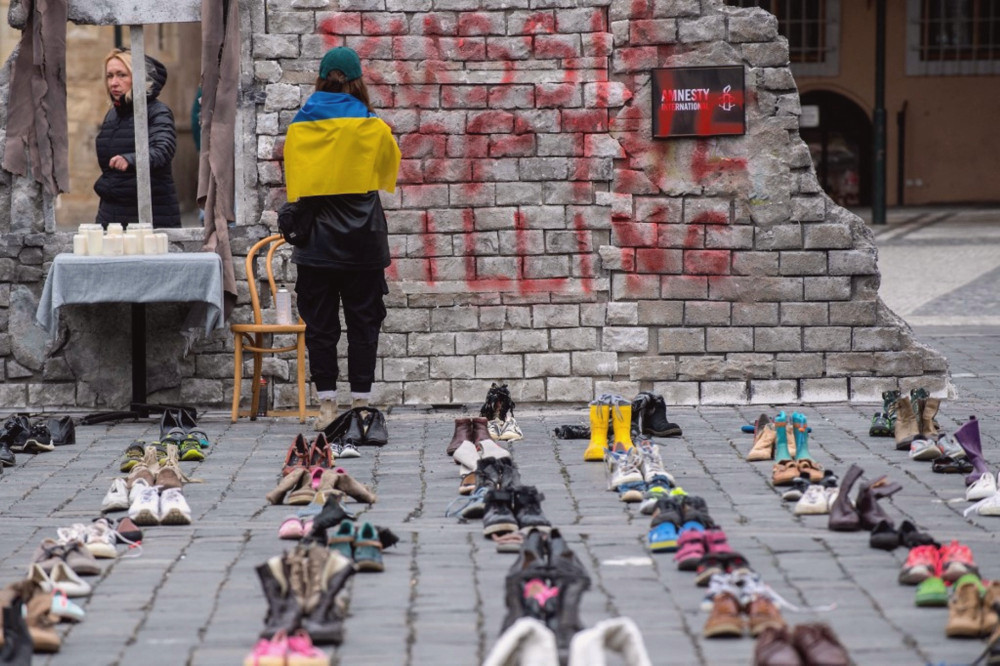A New Era of Justice: Special Tribunal for Ukraine
On Wednesday, June 25, a significant event took place: Kyiv signed an agreement with the European Council to establish a Special Tribunal to investigate crimes of aggression committed against Ukraine.
During the signing ceremony with Secretary General of the European Council, Alain Berse, President Volodymyr Zelensky emphasized that «justice takes time, but achieving it is essential».
A month earlier, in May, the European Union had expressed its support for the establishment of such a tribunal in Lviv.
But what exactly is a crime of aggression? What functions does the Special Tribunal have? How does it differ from the International Criminal Court?
Here are eight key aspects to understand about what the tribunal can and cannot do.
What is a crime of aggression?
According to the definition provided by the International Criminal Court, a crime of aggression involves «the use of armed force by a state against the sovereignty, territorial integrity, or independence of another state».
Thus, those in leadership positions in the state that initiated the invasion may be prosecuted.
This crime is one of four core crimes outlined in the Rome Statute: genocide, crimes against humanity, war crimes, and finally, the crime of aggression.
